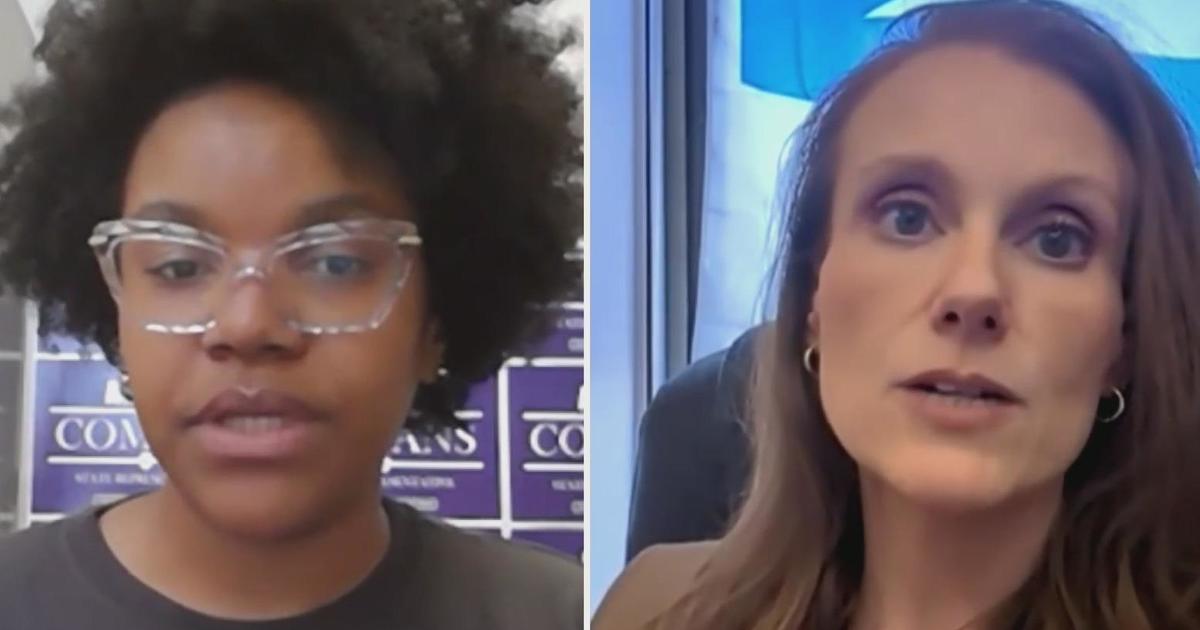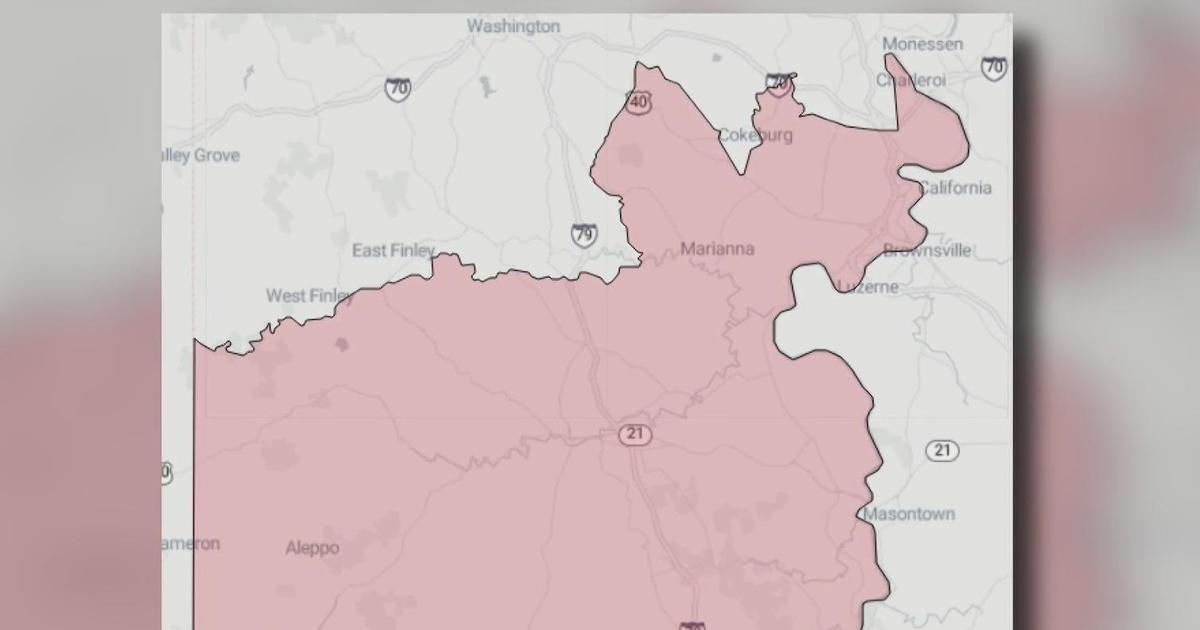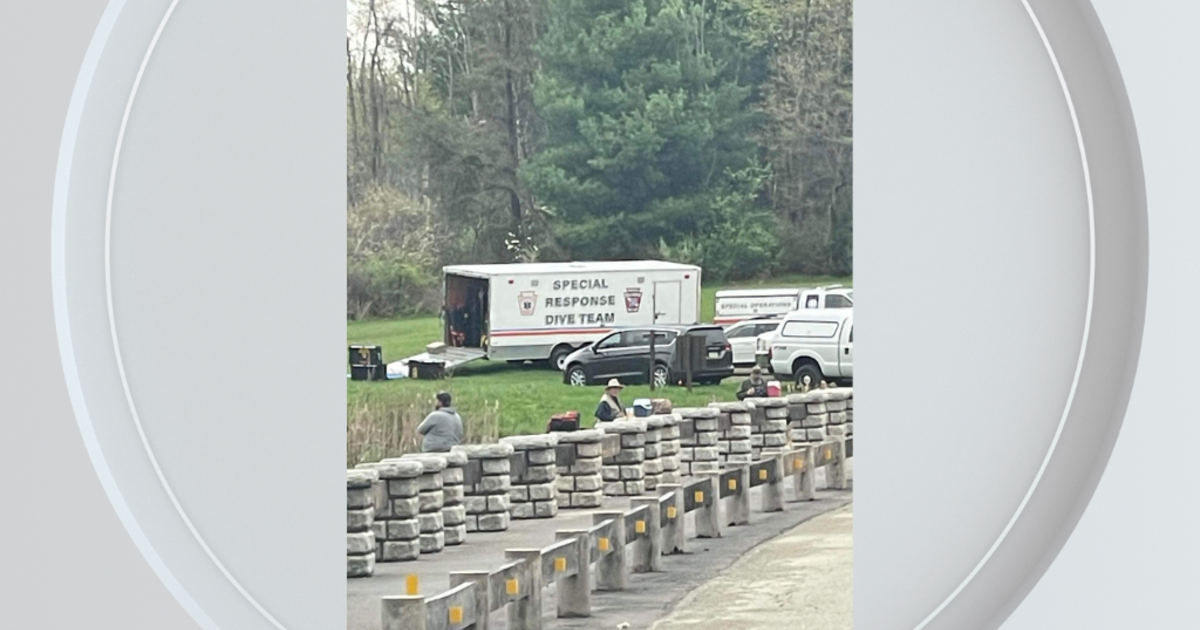US Supreme Court to hear case that could impact Pennsylvania's congressional districts
HARRISBURG, Pa. (KDKA) - The United States Supreme Court has agreed to hear a case that could affect Pennsylvania's congressional districts.
As political editor Jon Delano reports, it's a case that goes to who can draw congressional district lines.
After the 2020 census, when the legislature and governor could not agree on a congressional map in this state, the state Supreme Court stepped in with a map it believed was fair to both political parties.
But should any state court be involved in drawing federal congressional districts? That question is now before the U.S. Supreme Court.
This case is brought by North Carolina Republicans and is similar to what happened in Pennsylvania when our state court tossed out a Republican-drawn congressional map in 2018, saying, in essence, notes election attorney Adam Bonin, "This map is a partisan gerrymander. We won't adopt it. We're going to choose this map instead."
"[That's what happened in North Carolina and the North Carolina state legislature has now come to the U.S. Supreme Court and said, 'Hey, only the legislature is supposed to be picking maps, not the courts, and this map should be overturned, and this decision thrown out.'"
The legal theory – called the Independent State Legislature Doctrine – has never been adopted in over two hundred years, says Bonin, but he says conservatives have embraced it, citing the U.S. Constitution, which reads, "The times, places and manner of holding elections for senators and representatives, shall be prescribed in each state by the legislature thereof. . . ."
Proponents of this theory say no other branch of state government – executive or judiciary – can be involved in congressional map-drawing. Election attorney Matt Haverstick says the focus is primarily on "Whether courts have the right to come in and throw out a legislatively drawn map, but certainly I think if you extend this legal principle to a logical conclusion, one could argue that state legislatures really can't be interfered with by any other branch of government in drawing maps."
Without a governor or review by a state court, state legislatures controlled by one party would be free to draw the most partisan, gerrymandered districts they wish.
Election attorney Greg Teufel thinks the governor is part of the legislative process and this case will focus on state courts.
"Typically, when the U.S. Constitution refers to the legislature of a state, they are referring to the typical legislative process, and I don't think what is at issue in this case is whether the governor of North Carolina has a role," says Teufel, "but rather whether the state judiciary can go its own way."
So what are the chances of the Supreme Court limiting congressional map-drawing to the state legislature, and what would that mean for this state?
"If this interpretation is adopted by the U.S. Supreme Court, then state supreme courts will be completely disabled from offering voters relief like that," says Bonin, who represents Democrats.
While the case under review by the Supreme Court is from North Carolina, it could affect Pennsylvania, says Haverstick, who represents Republicans.
"I think it could make the map approved by our state Supreme Court susceptible to a challenge if the U.S. Supreme Court holds that state supreme courts have a very, very limited role and can't come in and draw their own maps. That's essentially what happened in this cycle for Pennsylvania," says Haverstick.
Bonin says if the Republican-controlled legislature has no checks and balances, then, "it is absolutely conceivable that an emboldened Republican General Assembly could give Pennsylvania a 13 to 4 map and not a map that is split down the middle just the way our commonwealth is."
Delano: "Thirteen Republicans and only four Democrats?"
Bonin: "It would not be difficult."
The current split is nine Republicans and nine Democrats.
So what are the chances that this Supreme Court will allow legislatures in either party to draw partisan congressional districts without review from state courts?
"I do think there is a majority on the U.S. Supreme Court to vote in favor of the Republicans that are bringing this case," says Teufel.
"Do I think the votes are there for a significant change? I do. I think there are pretty plainly four votes already," says Haverstick.
"We have every reason to fear that this court will go further in enshrining conservative power in this way as well," adds Bonin.
Oral argument on the North Carolina case is not expected until fall at the earliest with a decision expected sometime next year.




